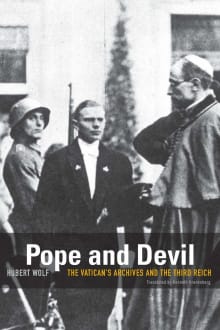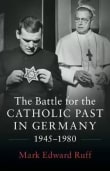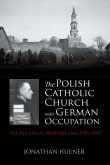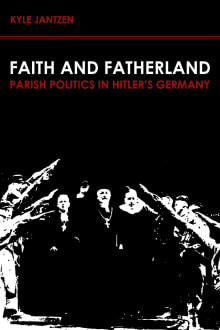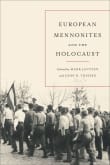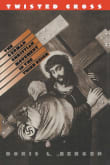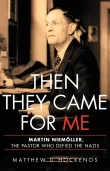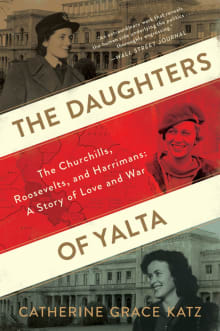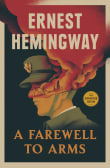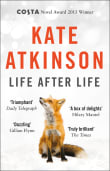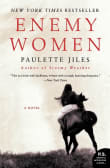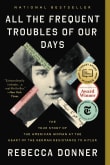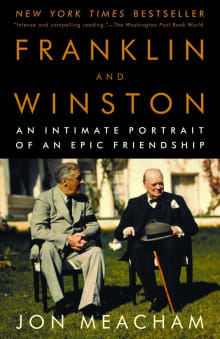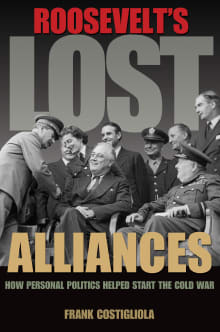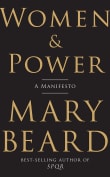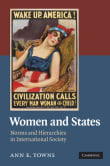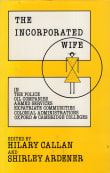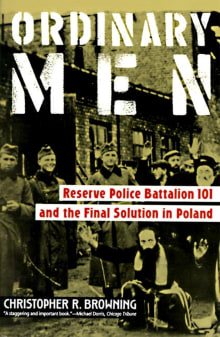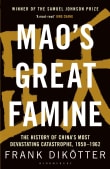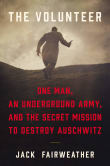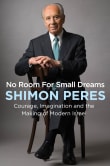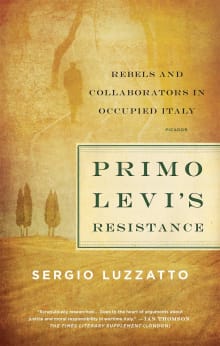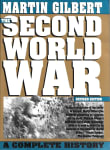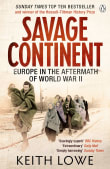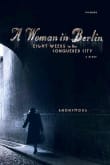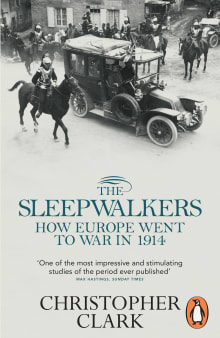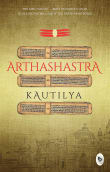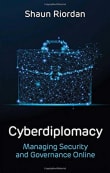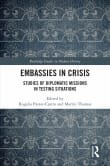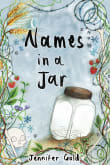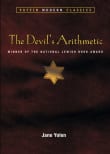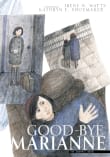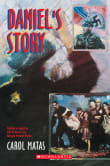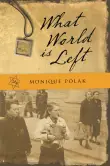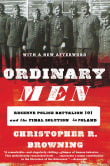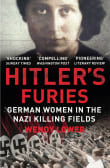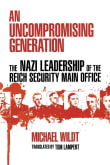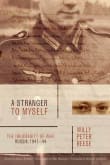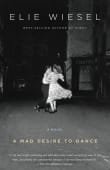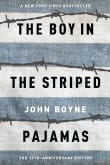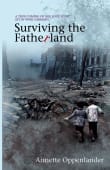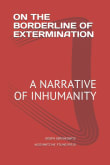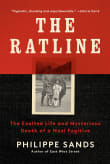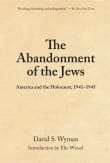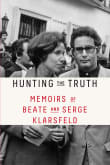
From my list on Catholic churches in Hitler’s Germany.
Why are we passionate about this?
We are historians of twentieth-century Germany who investigate the relationship between church and state from 1918-1945. We are fascinated by the choices of Christian leaders during this time as they negotiated the challenges of living and leading under National Socialism. In our writing, we seek to understand the connections between Christian antisemitism and National Socialists’ racial-based exclusionary ethnonationalism and antisemitism and seek to understand how religious communities navigate ethical and practical challenges of living through political upheaval and fascism.
Kevin's book list on Catholic churches in Hitler’s Germany

Why did Kevin love this book?
Wolf argues that many conclusions that historians have made about Eugenio Pacelli’s conduct during the 1920s and 30s are valid, having confirmed this in his own investigation of the records released by the Vatican Secret Archive from Pius XI’s pontificate. At the same time, Wolf provides much-needed contextualization to trace the debates within the Vatican around central decisions taken by the Church’s hierarchy in the face of authoritarian regimes. Primarily utilizing four archival record groups from the Nunciatures of Munich and Berlin, Papal Secretariat of State, the Congregation for Extraordinary Ecclesiastical Affairs, and the Congregation for the Doctrine of the Faith, Wolf reconstructs Rome’s view of Germany from 1917-1939. He shows clear patterns in the choices that Eugenio Pacelli made as Nuncio in Munich and Berlin and as the Holy See’s Cardinal Secretary of State. Wolf’s writing style – made available in this fine translation – makes this complex history…
1 author picked Pope and Devil as one of their favorite books, and they share why you should read it.
The Vatican's dealings with the Weimar Republic and the Third Reich have long been swathed in myth and speculation. After almost seventy years, the crucial records for the years leading up to 1939 were finally opened to the public, revealing the bitter conflicts that raged behind the walls of the Holy See. Anti-Semites and philo-Semites, adroit diplomats and dogmatic fundamentalists, influential bishops and powerful cardinals argued passionately over the best way to contend with the intellectual and political currents of the modern age: liberalism, communism, fascism, and National Socialism. Hubert Wolf explains why a philo-Semitic association was dissolved even as…
